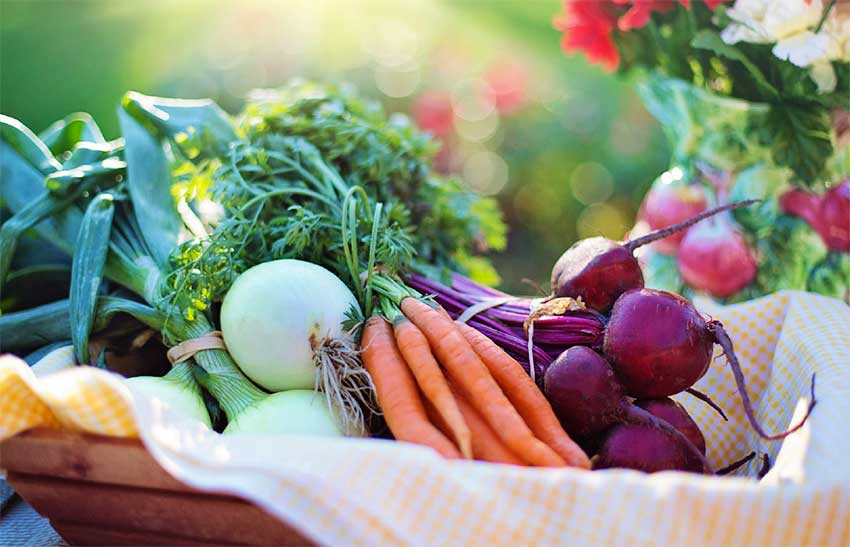
WITH escalating food prices constantly pinching into the wallets and pockets of the average consumer – the focus on using sustainable living methods to cushion the economic stress becomes even more vital, especially in these times.
There was a time some years ago when the idea of promoting a Jarden Kweyol (Creole Garden) was highlighted in local media publications. The proponent of this proposed initiative is well known Saint Lucian Herbalist and social activist Laurent “Jomo” Jn. Pierre.
Having gained wide experience in the field of herbs, plants, gardening, forestry and other agricultural practices he advocated for persons to get involved in small backyard gardening exercises, in an effort to produce limited supplies of vegetables, fruits and other food crops.
Jn. Pierre’s early cautions and propositions is evidence of the changing, more complicated and harder times that we are living in and the situation has come ‘full circle’ to the notion that the herbalist had previously been advocating for, employing sustainable food production methods for survival.
Jn. Pierre’ s proposed ‘Jarden Kweyol’ comes as a sharp reminder of the crucial times that we live in and the need to be more self-sustainable in an effort to satisfy our basic nutritional needs.
This is no way implies that people will not go to the supermarkets to purchase other commodities, but the focus on producing small food stuffs from your backyard garden is an optional means in trying to cater for oneself and one’s families.
Following the passage of the recent Tropical Storm Bret, the Minister for Agriculture lamented about the huge wastage of fruits laying bare by the roadside and other locations. These crops, he said, could have been better utilized to manufacture local juices, jams and jellies and other by-products in an effort to feed families or gain small incomes from these produces.
The cost of food items on the supermarket shelves have heads rolling as consumers strive to keep up with the ever-changing increase in prices, sometimes for basic foodstuffs; such as oil, sausages, fish and meat commodities, and even snack items, like juices, jams, crackers and so.
Over the past two years, the Trinity Anglican Church has been promoting this ‘sustainable living’ concept, with the hosting of a respective Banana Festival and Breadfruit and Breadnut Festival as part of the overall Emancipation Festival, in August.
The activities have been well coordinated and the public response overwhelming, with patrons turning out supportively to savour and partake of the various by-products manufactured from the crops. The organisers too have been very pleased with the turnouts and advocate for greater production by taking these food items from the ‘back yard garden’ to a wider scale for generating income.
The Agriculture Minister recently spoke about the effects of the increases in food prices on small developing states, noting that the increases come from foreign markets and small states like Saint Lucia has no control over these issues, since it is literally “beyond our control”.
And there again, the emphasis is on growing more local food crops and to gain from the benefits to be derived from these by-products.
More and more, ‘Lucians’ are gravitating to the Creole Heritage Month and the intrinsic Jounen Kweyol Festivities where an abundance of local foods, drinks and other delicacies are served up to patrons at these events.
Yet, in between all of this, the Agriculture Ministry and department of health and nutrition have been persistently clamouring to locals to “Eat what you grow and Grow what you eat”, albeit with some good measure of responses from different quarters.
It is therefore commendable that the exploits of groups, such as the Babonneua Rural Women Cluster, Helen’s Daughters and other such agriculture-based entities are intent on driving home the message of sustainable food production for healthy living; yet also applicable in helping to level out the economic hardships that the average consumer faces on a daily basis.











